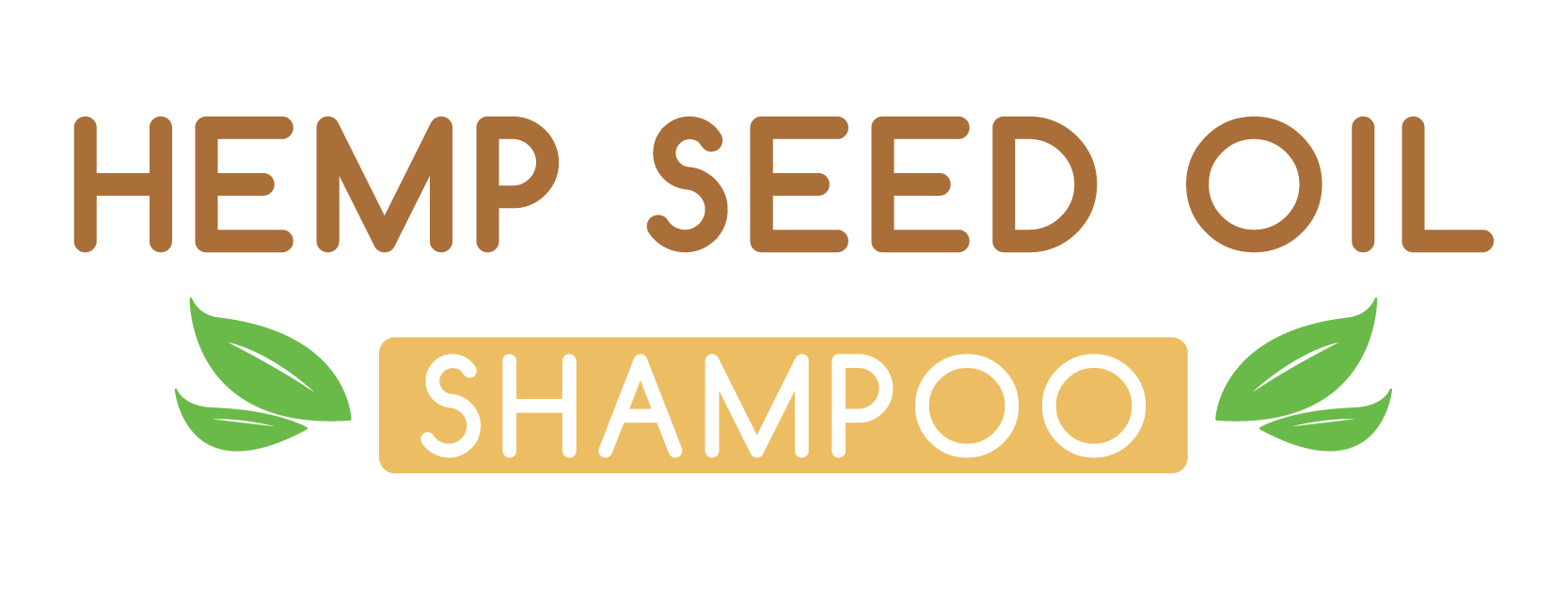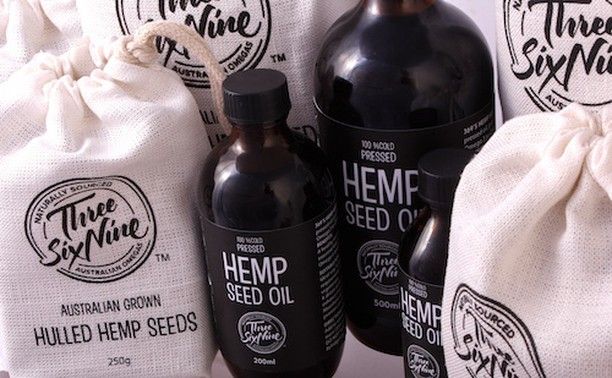Organic and regular hemp seed oil shampoos may look similar on the shelf, but there are meaningful differences in how the hemp is grown, how the oils are processed, and what ends up in the final bottle.
In most markets, “organic” refers to hemp grown under certified organic standards, such as USDA Organic in the United States or EU and COSMOS standards in Europe. These programs restrict the use of synthetic pesticides, herbicides, and fertilizers and emphasize soil health, crop rotation, and biodiversity. For consumers, this means organic hemp seed oil is less likely to contain trace residues of certain agricultural chemicals and supports more sustainable farming practices overall.
By contrast, regular (non-organic) hemp used in shampoos can be grown with conventional fertilizers and pest-control products that are allowed under general agricultural law but not organic rules. While reputable cosmetic brands must still comply with cosmetic safety regulations—such as the EU Cosmetic Regulation and the U.S. FDA’s requirement that products be safe for intended use—“regular” hemp seed oil does not have the additional organic farming and traceability guarantees that a certified organic ingredient offers.
Another key difference lies in how the term “organic” is used on the label. For food-grade hemp seed oil, organic claims are tightly regulated by organic certifiers. For cosmetics, the rules are more nuanced: in the U.S., products that carry the USDA Organic seal must meet the same National Organic Program standards as foods, but many shampoos instead use private certifications (like COSMOS or ECOCERT) that set their own thresholds for how much of the total formula must be organic. Consumers should look for a recognizable certification logo rather than relying on phrases like “made with organic hemp” in the marketing copy, which may only refer to one ingredient in an otherwise conventional formula.
Formulation can also differ. Brands that position themselves as organic often avoid certain synthetic additives, such as harsh sulfates, some silicones, or specific synthetic fragrances, and instead focus on plant-derived surfactants and essential oils. Conventional hemp seed oil shampoos may use a wider range of synthetic cleansers and conditioners, which can be perfectly safe but may not appeal to shoppers looking for a more naturally leaning routine or who have very sensitive skin.
From a performance standpoint, there is no inherent reason an organic hemp seed oil shampoo will cleanse or condition better than a regular hemp seed oil shampoo. The moisturizing and omega-rich profile of hemp seed oil—high in linoleic and alpha-linolenic acids—comes from the plant itself and is present in both organic and non-organic oils. What matters most is the overall formula: the quality and concentration of hemp seed oil, the type of cleansers used, the presence of additional conditioning agents, and the pH balance of the shampoo.
Ultimately, the difference comes down to values and priorities. Consumers who care deeply about reduced chemical inputs, environmental impact, and third-party verification may prefer certified organic hemp seed oil shampoos. Those who are more focused on price, scent, or specific performance benefits may find an excellent match in regular hemp seed oil shampoos. Reading the ingredient list, looking for reputable certifications, and paying attention to how hair and scalp respond will help shoppers decide which option is the better fit.

